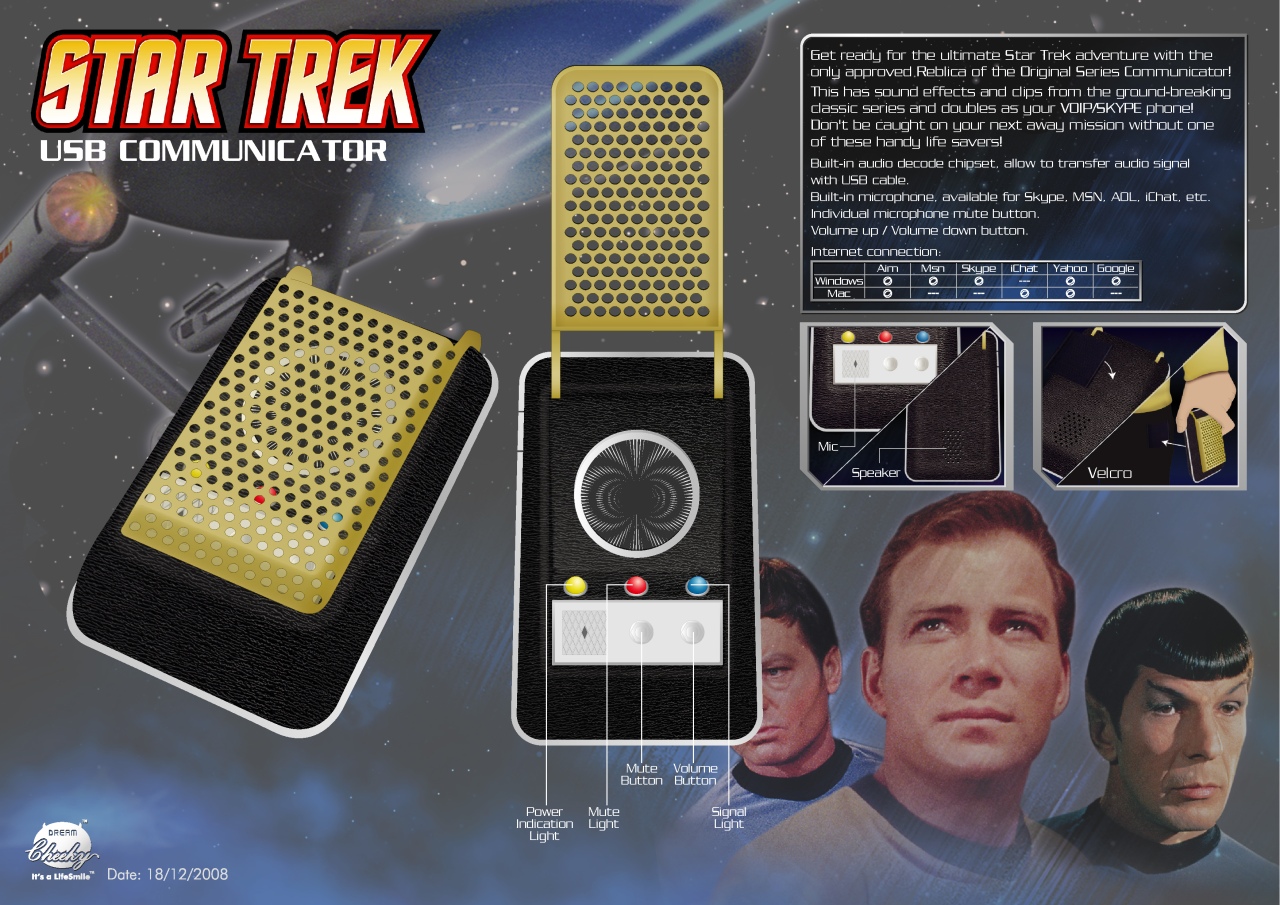Two years ago, when the FBI was stymied by a band of armed robbers known as the "Scarecrow Bandits" that had robbed more than 20 Texas banks, it came up with a novel method of locating the thieves.
FBI agents obtained logs from mobile phone companies corresponding to what their cellular towers had recorded at the time of a dozen different bank robberies in the Dallas area. The voluminous records showed that two phones had made calls around the time of all 12 heists, and that those phones belonged to men named Tony Hewitt and Corey Duffey. A jury eventually convicted the duo of multiple bank robbery and weapons charges.
Even though police are tapping into the locations of mobile phones thousands of times a year, the legal ground rules remain unclear, and federal privacy laws written a generation ago are ambiguous at best. On Friday, the first federal appeals court to consider the topic will hear oral arguments (PDF) in a case that could establish new standards for locating wireless devices.
In that case, the Obama administration has argued that warrantless tracking is permitted because Americans enjoy no "reasonable expectation of privacy" in their--or at least their cell phones'--whereabouts. U.S. Department of Justice lawyers say that "a customer's Fourth Amendment rights are not violated when the phone company reveals to the government its own records" that show where a mobile device placed and received calls.
Those claims have alarmed the ACLU and other civil liberties groups, which have opposed the Justice Department's request and plan to tell the U.S. Third Circuit Court of Appeals in Philadelphia that Americans' privacy deserves more protection and judicial oversight than what the administration has proposed.
Not long ago, the concept of tracking cell phones would have been the stuff of spy movies. In 1998's "Enemy of the State," Gene Hackman warned that the National Security Agency has "been in bed with the entire telecommunications industry since the '40s--they've infected everything." After a decade of appearances in "24" and "Live Free or Die Hard," location-tracking has become such a trope that it was satirized in a scene with Seth Rogen from "Pineapple Express" (2008).
Once a Hollywood plot, now 'commonplace'
Whether state and federal police have been paying attention to Hollywood, or whether it was the other way around, cell phone tracking has become a regular feature in criminal investigations. It comes in two forms: police obtaining retrospective data kept by mobile providers for their own billing purposes that may not be very detailed, or prospective data that reveals the minute-by-minute location of a handset or mobile device.
Obtaining location details is now "commonplace," says Al Gidari, a partner in the Seattle offices of Perkins Coie who represents wireless carriers. "It's in every pen register order these days."
Gidari says that the Third Circuit case could have a significant impact on police investigations within the court's jurisdiction, namely Delaware, New Jersey, and Pennsylvania; it could be persuasive beyond those states. But, he cautions, "if the privacy groups win, the case won't be over. It will certainly be appealed."
CNET was the first to report on prospective tracking in a 2005 news article. In a subsequent Arizona case, agents from the Drug Enforcement Administration tracked a tractor trailer with a drug shipment through a GPS-equipped Nextel phone owned by the suspect. Texas DEA agents have used cell site information in real time to locate a Chrysler 300M driving from Rio Grande City to a ranch about 50 miles away. Verizon Wireless and T-Mobile logs showing the location of mobile phones at the time calls became evidence in a Los Angeles murder trial.
And a mobile phone's fleeting connection with a remote cell tower operated by Edge Wireless is what led searchers to the family of the late James Kim, a CNET employee who died in the Oregon wilderness in 2006 after leaving a snowbound car to seek help.
"This is a critical question for privacy in the 21st century. If the courts do side with the government, that means that everywhere we go, in the real world and online, will be an open book to the government unprotected by the Fourth Amendment."
--Kevin Bankston, attorney, Electronic Frontier Foundation
The way tracking works is simple: mobile phones are miniature radio transmitters and receivers. A cellular tower knows the general direction of a mobile phone (many cell sites have three antennas pointing in different directions), and if the phone is talking to multiple towers, triangulation yields a rough location fix. With this method, accuracy depends in part on the density of cell sites.
The Federal Communications Commission's "Enhanced 911" (E911) requirements allowed rough estimates to be transformed into precise coordinates. Wireless carriers using CDMA networks, such as Verizon Wireless and Sprint Nextel, tend to use embedded GPS technology to fulfill E911 requirements. AT&T and T-Mobile comply with E911 regulations using network-based technology that computes a phone's location using signal analysis and triangulation between towers.
T-Mobile, for instance, uses a GSM technology called Uplink Time Difference of Arrival, or U-TDOA, which calculates a position based on precisely how long it takes signals to reach towers. A company called TruePosition, which provides U-TDOA services to T-Mobile, boasts of "accuracy to under 50 meters" that's available "for start-of-call, midcall, or when idle."
A 2008 court order to T-Mobile in a criminal investigation of a marriage fraud scheme, which was originally sealed and later made public, says: "T-Mobile shall disclose at such intervals and times as directed by (the Department of Homeland Security), latitude and longitude data that establishes the approximate positions of the Subject Wireless Telephone, by unobtrusively initiating a signal on its network that will enable it to determine the locations of the Subject Wireless Telephone."
'No reasonable expectation of privacy'
In the case that's before the Third Circuit on Friday, the Bureau of Alcohol, Tobacco, Firearms and Explosives, or ATF, said it needed historical (meaning stored, not future) phone location information because a set of suspects "use their wireless telephones to arrange meetings and transactions in furtherance of their drug trafficking activities."
U.S. Magistrate Judge Lisa Lenihan in Pennsylvania denied the Justice Department's attempt to obtain stored location data without a search warrant; prosecutors had invoked a different legal procedure. Lenihan's ruling, in effect, would require police to obtain a search warrant based on probable cause--a more privacy-protective standard.
Lenihan's opinion (PDF)--which, in an unusual show of solidarity, was signed by four other magistrate judges--noted that location information can reveal sensitive information such as health treatments, financial difficulties, marital counseling, and extra-marital affairs.
In its appeal to the Third Circuit, the Justice Department claims that Lenihan's opinion "contains, and relies upon, numerous errors" and should be overruled. In addition to a search warrant not being necessary, prosecutors said, because location "records provide only a very general indication of a user's whereabouts at certain times in the past, the requested cell-site records do not implicate a Fourth Amendment privacy interest."
The Obama administration is not alone in making this argument. U.S. District Judge William Pauley, a Clinton appointee in New York, wrote in a 2009 opinion that a defendant in a drug trafficking case, Jose Navas, "did not have a legitimate expectation of privacy in the cell phone" location. That's because Navas only used the cell phone "on public thoroughfares en route from California to New York" and "if Navas intended to keep the cell phone's location private, he simply could have turned it off."
(Most cases have involved the ground rules for tracking cell phone users prospectively, and judges have disagreed over what legal rules apply. Only a minority has sided with the Justice Department, however.)
Cellular providers tend not to retain moment-by-moment logs of when each mobile device contacts the tower, in part because there's no business reason to store the data, and in part because the storage costs would be prohibitive. They do, however, keep records of what tower is in use when a call is initiated or answered--and those records are generally stored for six months to a year, depending on the company.
Verizon Wireless keeps "phone records including cell site location for 12 months," Drew Arena, Verizon's vice president and associate general counsel for law enforcement compliance, said at a federal task force meeting in Washington, D.C. last week. Arena said the company keeps "phone bills without cell site location for seven years," and stores SMS text messages for only a very brief time.
Gidari, the Seattle attorney, said that wireless carriers have recently extended how long they store this information. "Prior to a year or two ago when location-based services became more common, if it were 30 days it would be surprising," he said.
The ACLU, EFF, the Center for Democracy and Technology, and University of San Francisco law professor Susan Freiwald argue that the wording of the federal privacy law in question allows judges to require the level of proof required for a search warrant "before authorizing the disclosure of particularly novel or invasive types of information." In addition, they say, Americans do not "knowingly expose their location information and thereby surrender Fourth Amendment protection whenever they turn on or use their cell phones."
"The biggest issue at stake is whether or not courts are going to accept the government's minimal view of what is protected by the Fourth Amendment," says EFF's Bankston. "The government is arguing that based on precedents from the 1970s, any record held by a third party about us, no matter how invasively collected, is not protected by the Fourth Amendment."
Update 10:37 a.m. PT: A source inside the U.S. Attorney's Office for the northern district of Texas, which prosecuted the Scarecrow Bandits mentioned in the above article, tells me that this was the first and the only time that the FBI has used the location-data-mining technique to nab bank robbers. It's also worth noting that the leader of this gang, Corey Duffey, was sentenced last month to 354 years (not months, but years) in prison. Another member is facing 140 years in prison.



